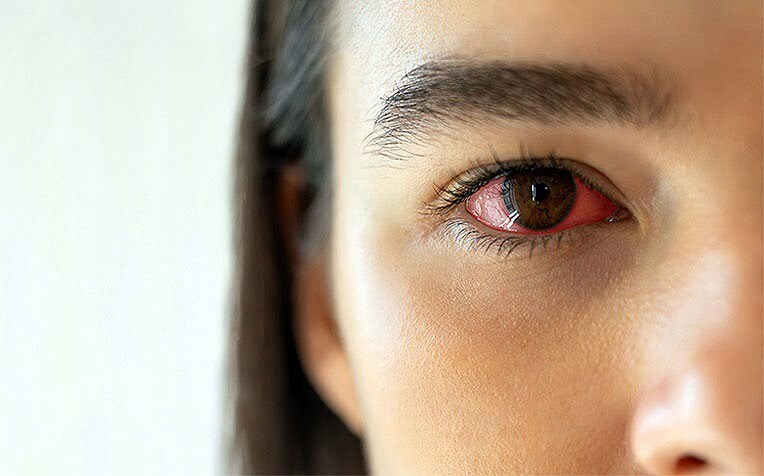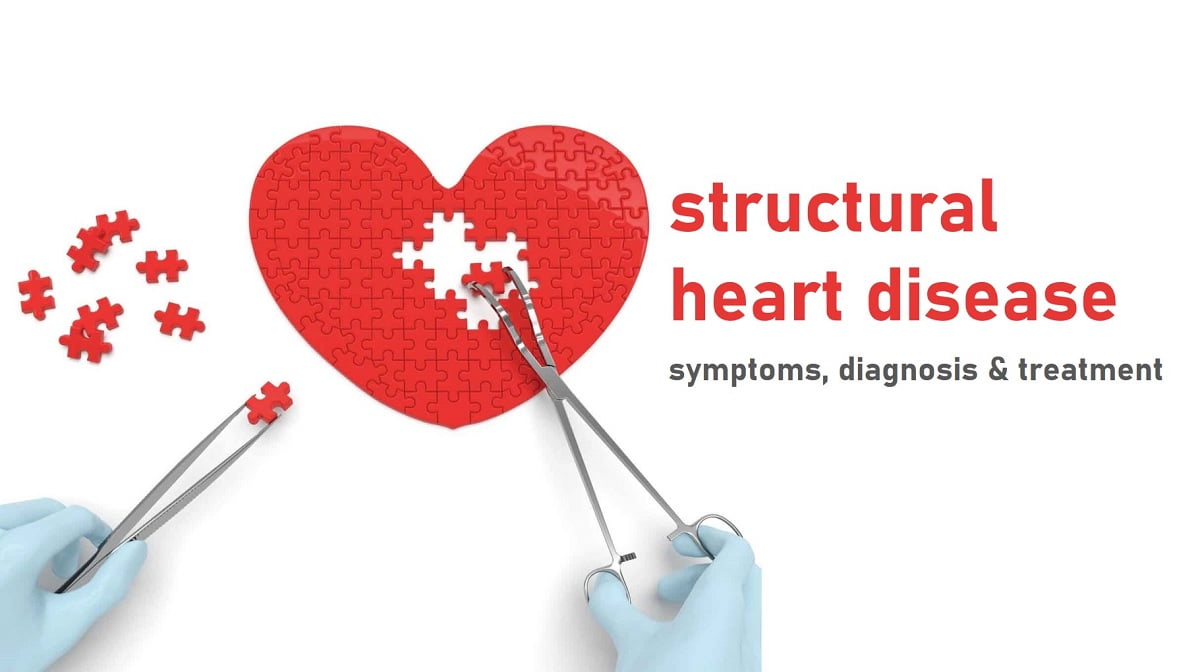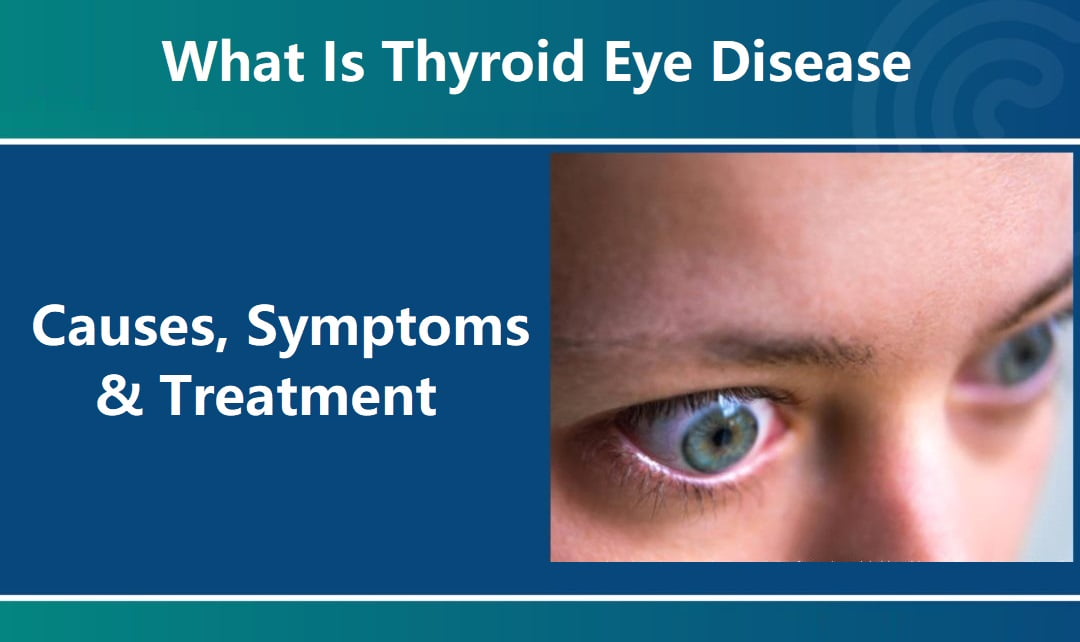Waking up with Bloodshot Eyes : Causes & Treatment 2025

Waking up and looking in the mirror to see bloodshot eyes staring back at you can be an unsettling experience. Those red, veiny eyes might have you wondering if something is seriously wrong with your health.
But don’t panic just yet. While there are some concerning causes of bloodshot eyes, they are usually harmless and easily treated. By understanding the common causes and treatments, you can take steps to clear up that crimson gaze.
What Causes Bloodshot Eyes in the Morning?
There are many possible culprits for bloodshot eyes in the morning. Here are some of the most common:
Dry Eyes
Dry eye syndrome is one of the most prevalent reasons for red, irritated eyes. This condition occurs when your tears aren’t able to adequately lubricate your eyes, usually due to low tear production or excessive tear evaporation.
Your eyes may feel gritty or scratchy when you wake up in the morning if you have dry eyes. The lack of lubrication can cause the blood vessels on the surface of the eye to expand and look red.
Allergies
Seasonal or environmental allergies can also lead to bloodshot, puffy eyes after a night’s sleep. Allergens like pollen, pet dander, or dust mites can cause inflammation in the eyes.
As the immune system reacts to the allergens, substances like histamine are released, dilating the blood vessels and making the whites of your eyes red and swollen.
Blepharitis
This common inflammatory condition affects the eyelids and base of the eyelashes. Blepharitis leads to irritation of the eye, especially upon waking up in the morning.
Oily secretions collect along the eyelid margins overnight. This can cause styes or crusty debris that irritate the eye and make it appear bloodshot.
Alcohol Consumption
Drinking alcohol before bed can dehydrate the body and eyes. Dehydration reduces the amount of tears your eyes can produce to keep themselves moisturized overnight.
Alcohol also dilates blood vessels, which contributes to the red, bloodshot appearance. This effect should go away after rehydrating with plenty of water.
Tiredness and Fatigue
Being overtired puts strain on your eyes, which can lead to a bloodshot appearance and irritation. Staring at screens late into the night before bed contributes to eye fatigue.
Not getting enough sleep prevents your eyes from fully resting and recovering from the day’s strain. Make sure to limit screen time before bed and get adequate sleep.
Smoking
The toxins and irritants in cigarettes can cause dilated blood vessels and dryness in the eyes. Smoking before bed or even heavy secondhand smoke exposure can make eyes appear red and feel irritated upon waking up.
Contact Lens Overwear
Sleeping in your contact lenses or wearing them too long during the day can dehydrate your eyes and restrict oxygen flow. This irritation can give the eyes a bloodshot look in the mornings after wearing contacts all day or night.
Eye Injuries or Infection
In some cases, waking up with a bloody eye could signal a more serious issue like a corneal abrasion, corneal ulcer, or eye infection like pink eye. Seek medical care if you notice significant vision changes, eye pain, or discharge.
When to See a Doctor
In most cases, bloodshot eyes in the morning will clear up on their own or with simple home treatment. However, it’s important to see an eye doctor promptly if you notice any of the following:
- Vision changes like blurriness
- Light sensitivity or excessive eye pain
- Trouble moving the eye
- Discharge coming from the eye, especially if it’s thick and green/yellow
- Feeling like something is stuck in your eye
- Bloodspot in the white of the eye
- Headache along with eye redness
- Fatigue, nausea, or lightheadedness with eye issues
- Bloodshot eyes lasting longer than 2 weeks with no improvement
These symptoms could indicate a more serious condition like corneal damage, glaucoma, or uveitis. It’s always better to be safe and get concerning eye problems checked out.
Home Treatments for Bloodshot Eyes

If your red eyes seem related to dryness, allergies, or minor irritation, there are several remedies you can try at home:
Warm Compresses
Applying something warm to your eyes can provide relief by improving blood flow and opening up the oil glands. Soak a clean washcloth in warm water, wring it out, and place it over your closed eyes for 5-10 minutes as needed.
Cool Compresses
For allergy-related redness and swelling, a cool compress can help constrict blood vessels and soothe inflammation. Use a clean cloth soaked in cold water and apply it to closed eyes for 5 minutes at a time.
Lubricating Eye Drops
Artificial tear drops without preservatives can supplement your eyes’ natural tears to rehydrate dry eyes. Use them upon waking and throughout the day as needed.
Allergy Eye Drops
Over-the-counter antihistamine and vasoconstrictor eye drops can reduce allergy symptoms like redness, itching, and swelling. Use as directed on the package.
Lid Scrubs
Use diluted baby shampoo to clean your eyelids daily. This helps remove oils and debris that can clog glands and irritate eyes.
Limit Irritants
Avoid rubbing your eyes, wearing contacts overnight, swimming with contacts, sleeping in makeup, and staring at screens in the evenings. These habits can worsen red, irritated eyes.
Get More Sleep
Aim for 7-9 hours of sleep per night to allow your eyes to fully rest and recover each day. Rest helps prevent waking up with bloodshot eyes.
Medical Treatments for Chronic Bloodshot Eyes
If home treatments aren’t resolving your recurring red eyes, see an ophthalmologist. They can diagnose any underlying issues and provide prescription treatments. Common medical options include:
Prescription eye drops – These can better treat dry eyes, allergies, or inflammation. Steroid eye drops may be used for severe allergies.
Antibiotics – If you have an eye infection causing redness and discharge, antibiotics will be prescribed to clear the infection.
Warm compresses – Your doctor may recommend using professional warm compresses that apply moist heat to the eyelids to loosen oil secretions in blepharitis.
Eyelid cleaning – An ophthalmologist can thoroughly cleanse your eyelids and remove built-up oil, debris, and crusts that cause irritation.
Restasis – This prescription drop increases tear production in chronic dry eyes that over-the-counter drops can’t relieve.
Xiidra – Another prescription drop used to treat dry eye by reducing eye inflammation.
Topical steroids – For severe allergies or inflammation, steroid eye drops can calm irritation.
Allergy medications – Oral antihistamines and other allergy meds can be prescribed to reduce eye allergy reactions.
Contact lens changes – Your eye doctor may recommend switching contact lens brands or prescribing daily disposables if irritation is due to your contacts.
Smoking cessation – Quitting smoking can significantly improve chronic red eyes.
Blepharitis treatment – This may involve antibiotic ointment inside the eyelids, eyelid cleansing routines, and applying warm compresses.
See your eye doctor promptly if your bloodshot eyes don’t improve with home treatment within 2 weeks. Serious conditions can underlie chronic red eyes. It’s important to get evaluated and treated properly to prevent eye damage and impaired vision.
When Bloodshot Eyes Indicate a Medical Emergency
While usually harmless, bloodshot eyes can sometimes signal a medical emergency that needs immediate care.
Seek ER care promptly if you experience:
- Sudden onset of extremely bloodshot eyes or bleeding in the eyes
- Significant eye pain, especially with nausea and headaches
- Vision loss or blurriness in one or both eyes
- Pupil appearing white or non-reactive to light
- Recent head trauma with bloodshot eyes
- Feeling fluid leaking from the eye
These serious eye conditions can underlie sudden bloodshot eyes:
Acute glaucoma – the pressure inside the eye rises quickly
Hyphema – bleeding inside the eye, usually after injury
Retinal detachment – The retina at the back of the eye pulls away
Eye stroke – loss of blood flow to the eye
Eye rupture – penetrating injury causes fluid leakage
Acute conjunctivitis – severe pink eye infection
Uveitis – inflammation of eye structures like the iris
Scleritis – inflammation of the white part of the eye
Any sudden change in vision, eye pain, or blood-red appearance needs immediate medical evaluation. Permanent eye damage or vision loss can occur if not treated promptly.
Can Bloodshot Eyes Be Prevented?
It’s hard to prevent eyes from ever becoming bloodshot, since there are so many potential causes. However, practicing good eye care habits can reduce frequency and severity:
- Stay hydrated – Drink plenty of water throughout the day.
- Use lubricating eye drops – Use preservative-free artificial tears to supplement your eyes’ natural moisture.
- Wear sunglasses outdoors – They protect your eyes from dust, wind, and sun damage.
- Limit screen time – Avoid staring at screens excessively, especially before bedtime.
- Removing makeup – Remove makeup and contacts properly each night.
- Cleanse eyelids daily – Use diluted baby shampoo on a cotton pad to wipe debris from eyelids.
- Treat blepharitis – Follow daily eyelid hygiene routines if you have this condition.
- Use allergy eye drops during allergy season.
- Don’t smoke and avoid secondhand smoke.
- Give your eyes a rest when doing intensive close work. Follow the 20/20/20 rule.
- Get 7-9 hours of sleep per night.
Following healthy eye habits reduces irritation and strain, so your eyes can look and feel their best every morning. But occasional bloodshot eyes are normal, especially if caught early and treated promptly.
FAQs About Waking Up with Bloodshot Eyes
Here are some frequently asked questions about dealing with bloodshot eyes in the morning:
1. Is it normal for eyes to be bloodshot in the morning?
Eyes can sometimes appear bloodshot first thing in the morning, even in perfectly healthy people. Causes like dryness or fatigue during sleep may play a role. If it resolves within an hour of waking up, it’s usually normal.
2. Do bloodshot eyes mean Pink Eye?
Not necessarily. Many conditions can cause red eyes. Pink eye (conjunctivitis) also has other symptoms like eye discharge, grittiness, pain, and itching. See a doctor to diagnose the cause of bloodshot eyes.
3. Should I wear my contacts if I wake up with bloodshot eyes?
It’s best not to insert contacts if your eyes look irritated or bloodshot, as they could further aggravate your eyes. Use eye drops to soothe eyes and wait until the redness clears before wearing contacts.
4. Can allergies alone cause bloodshot eyes?
Yes, allergies are a very common cause of red, bloodshot eyes due to the histamine response triggered by exposure to allergens. Using oral antihistamines and allergy eye drops can help control this reaction.
5. How do I know if bloodshot eyes need medical treatment?
See a doctor if bloodshot eyes last over 2 weeks, are accompanied by eye pain or vision changes, or don’t improve with home treatment. Severe redness after an injury also needs prompt medical care.
6. What’s the fastest way to get rid of bloodshot eyes?
The quickest way is to use medicated over-the-counter eye drops containing a vasoconstrictor to constrict blood vessels. Hold a cool compress over closed eyes for 5 minutes, too. Oral antihistamines can also provide rapid relief for allergy-related redness.
7. Is it OK to use Visine or other eye drops daily for bloodshot eyes?
No, rebound redness can occur if you overuse vasoconstrictor eye drops like Visine daily. They are only meant for short-term use. See an eye doctor if you need daily drops to reduce redness.
Conclusion
Waking up to discover your eyes are completely bloodshot can certainly be disturbing and concerning. But try not to panic. There are many harmless causes like dryness, fatigue, allergies, or alcohol use.
Use warm compresses, artificial tears, allergy eye drops, or cool compresses to ease mild cases at home. Avoid rubbing your eyes, which can worsen redness.
Make sure to get evaluated by an ophthalmologist if symptoms persist longer than 2 weeks or if you have more serious symptoms like pain or vision changes.
With proper care and treatment, bloodshot eyes in the morning can be managed and prevented from recurring. Don’t ignore chronic red eyes, as they may indicate underlying eye disease. But in most cases, you can clear up that crimson gaze and white out your eyes again.



